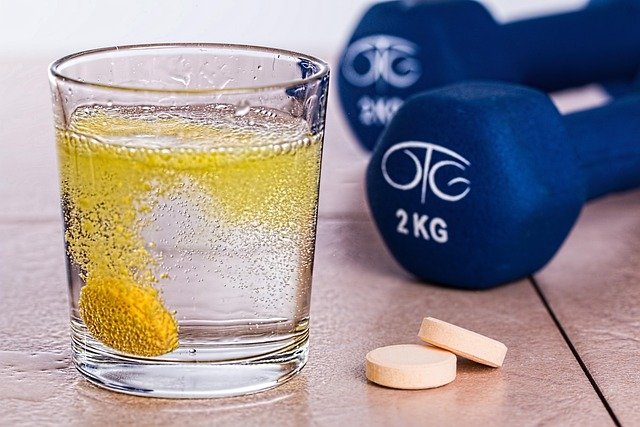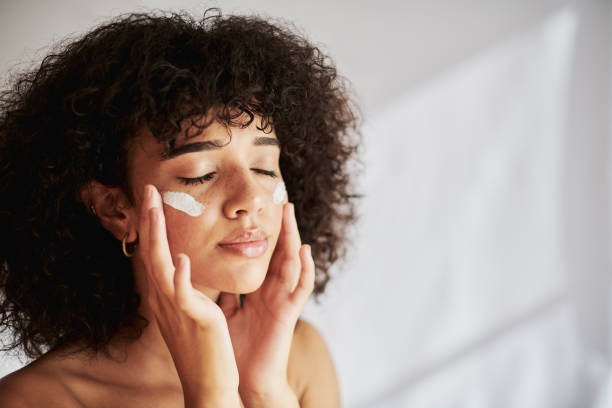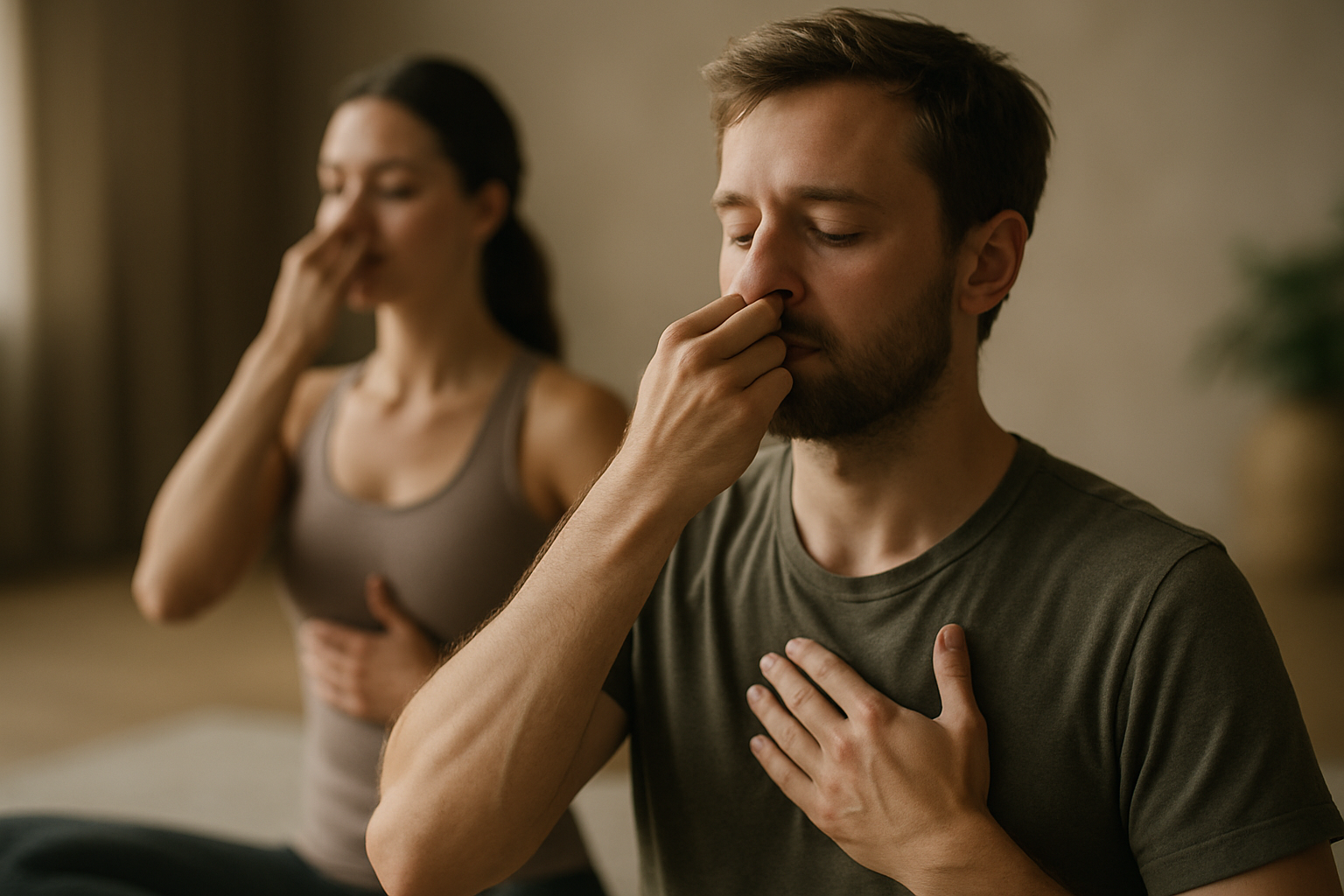Ingredient-Focused Skincare Paired with Functional Exercise
Combining targeted skincare with purposeful movement creates a practical approach to overall wellness. Focusing on ingredient-backed products alongside functional exercise routines supports skin health, resilience, and mobility. This article explains how specific skincare actives interact with lifestyle factors like nutrition, hydration, sleep, and mindfulness to amplify results for everyday health and appearance.

A routine that aligns ingredient-focused skincare with functional exercise can produce complementary benefits for skin health and physical performance. Rather than relying on single solutions, integrating proven topical actives with consistent movement, adequate nutrition, and restorative practices supports barrier function, circulation, and metabolic recovery. This article explains how to pair targeted skincare ingredients with practical exercise strategies and recovery habits to help you maintain healthier skin and a more resilient body over time.
Skincare: Which ingredients matter for skin health?
Key ingredients affect skin differently depending on goals such as hydration, barrier repair, or collagen support. Humectants like hyaluronic acid draw and retain moisture; ceramides and niacinamide strengthen the skin barrier and reduce transepidermal water loss; and topical vitamin C and retinoids support collagen synthesis and antioxidant protection. When choosing products, look for clear ingredient lists, suitable concentrations from reputable formulations, and evidence-based claims. Layering routines should prioritize gentle cleansing, targeted actives, and a daily broad-spectrum sunscreen to protect outcomes from both internal and external stressors.
Nutrition: How does nutrition support skin and exercise?
Nutrition supplies the substrates for tissue repair, immune function, and energy metabolism. Protein provides amino acids for collagen repair and muscle recovery; omega-3 fatty acids support skin barrier and anti-inflammatory pathways; and antioxidants from fruits and vegetables protect cells from oxidative stress. Balancing macronutrients around workouts helps performance and recovery, while consuming micronutrient-rich foods—zinc, vitamin A, vitamin C, and B vitamins—assists skin regeneration. Practical steps include prioritizing whole foods, modest protein with each meal, and colorful produce to supply phytonutrients that benefit both skin and physical performance.
Exercise: What is functional exercise and why pair it with skincare?
Functional exercise emphasizes movement patterns used in daily life—squatting, hinging, pushing, pulling, and rotating—combined with mobility and stability training. These workouts improve circulation, lymphatic drainage, posture, and metabolic health, which can indirectly support skin by enhancing nutrient delivery and waste removal. Short sessions focusing on strength and mobility three to five times per week complement topical skin care by promoting systemic resilience. Functional training that emphasizes controlled, progressive loading helps maintain muscle mass and supports metabolic processes linked to skin health.
Hydration: How hydration affects skin and workouts?
Adequate hydration is important for both subjective skin plumpness and exercise performance. Water supports cellular processes, aids thermoregulation during workouts, and helps maintain elasticity. Hydration needs vary with body size, environment, and activity level; sipping fluids throughout the day and replacing electrolytes during prolonged or intense sessions can help. Topical humectants and occlusives improve local moisture retention, but drinking fluids and maintaining balanced sodium and potassium intake supports whole-body hydration that complements skincare efforts.
Mindfulness: How does stress management influence skin and recovery?
Chronic stress can exacerbate inflammatory skin conditions and impair recovery after exercise. Practices such as brief mindfulness sessions, breathwork, or structured relaxation can lower stress markers and improve sleep quality, which in turn supports skin repair processes. Incorporating mindfulness into warm-ups or cool-downs helps regulate breathing and nervous system tone, promoting better workout consistency and more efficient recovery. These low-cost, accessible habits pair well with topical skincare to create a more holistic approach to wellbeing.
Sleep: Why sleep matters for skin regeneration and metabolism?
Sleep is a foundational recovery process during which the body repairs tissue, balances hormones, and consolidates metabolic adaptations. Poor sleep quality is associated with slower skin barrier recovery, increased signs of aging, and impaired appetite and glucose regulation, which can interfere with fitness goals. Aim for consistent sleep schedules and 7–9 hours per night when possible; prioritize sleep hygiene, limit screens before bed, and consider nutrition and evening routines that support restful sleep. Better sleep amplifies both skincare and exercise outcomes by allowing repair processes to occur efficiently.
This article is for informational purposes only and should not be considered medical advice. Please consult a qualified healthcare professional for personalized guidance and treatment.
Conclusion
Pairing ingredient-focused skincare with functional exercise creates a complementary framework for ongoing skin and physical health. Selecting evidence-backed topical actives, eating nutrient-dense foods, staying hydrated, managing stress, prioritizing sleep, and performing purposeful movement all contribute to resilience and appearance. Over time, consistent integration of these elements tends to produce more durable results than focusing on a single strategy alone.






